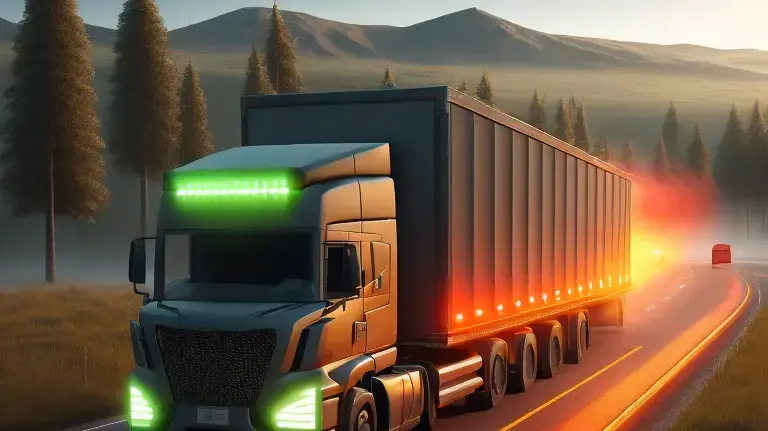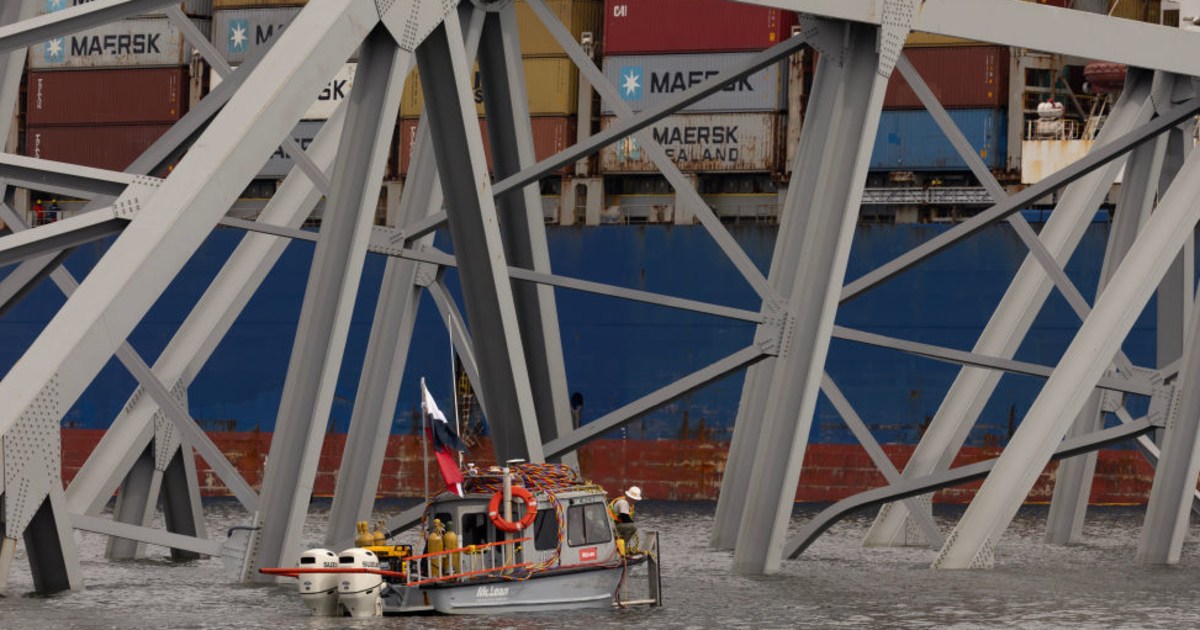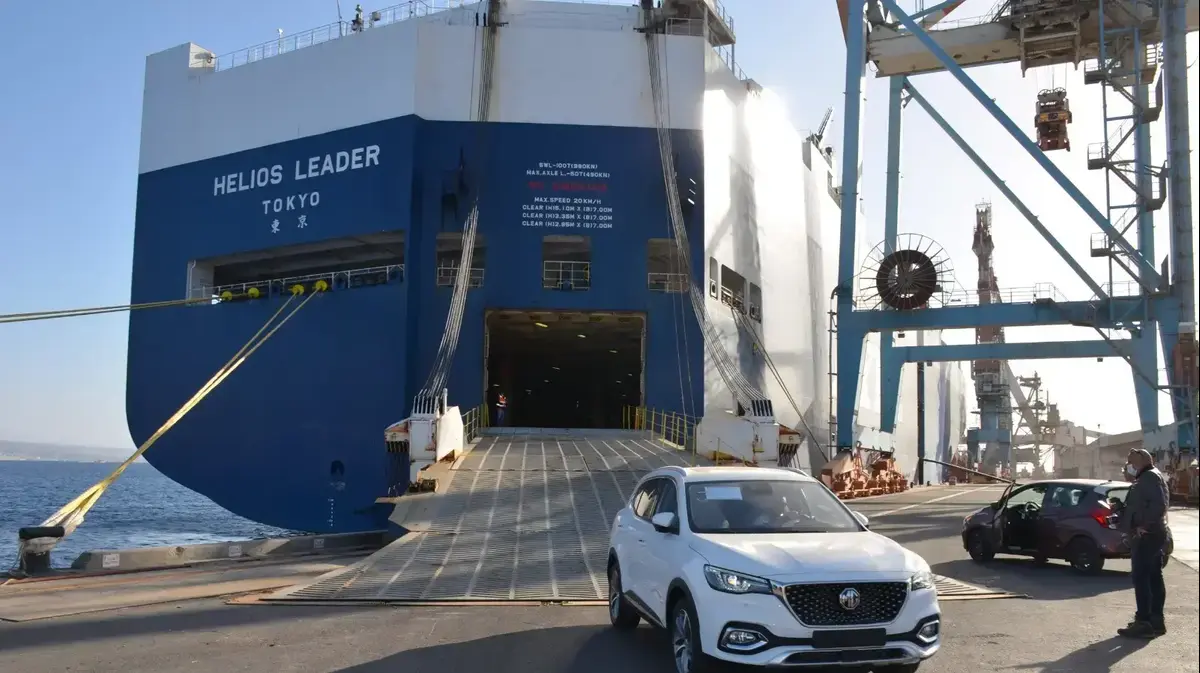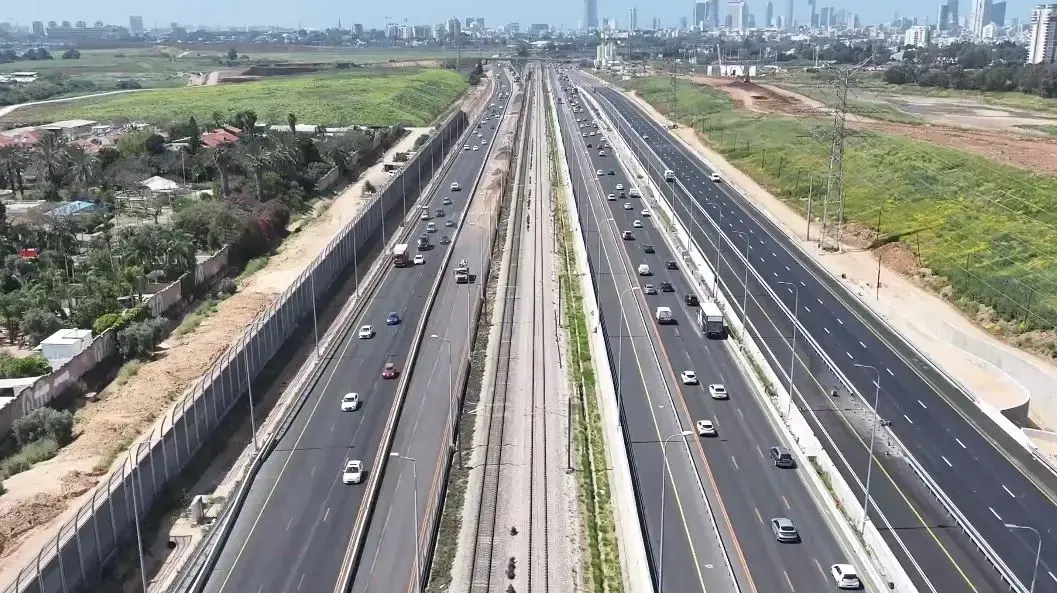"The damage to the economy is estimated at twenty million shekels per day, seven billion shekels on an annual basis. Every household in Israel will lose about 2,500 shekels this year only for the damage to the traffic jams in the ports," estimates Jonathan Sorochkin, a research fellow at the Ecclesiastical Economics Forum.
And it's not for nothing that Sorochkin talks about hitting every family's pocket - every invoice you receive shows a covert fine, every time you buy a toothbrush, laptop or even an apartment, there is an overpayment for the traffic jam at the port.
Every day like this of a traffic jam drags out angry customers, rising shipping costs, higher credit interest rates and inventories that need to be held without releasing, because of the uncertainty.
The problem of traffic jams in Israel's seaports has existed for years, but recently the queues have intensified and have probably become longer than ever.
"17 consecutive kilometers of ships, bow to stern," described what is currently happening in the ports with Itai Ron, chairman of the Association of Grain Importers, "It is possible to start building a bridge from here to Cyprus.
Is this an all-time record so far?
No more writers.
The thing is, no one in government cares.
It's unbelievable, we ran out of words to describe the lack of care and contempt for the public's money. "
The price of bread is also affected, Photo: Oren Nachshon
Unfortunately, the public is also no longer excited about the number of ships waiting to be unloaded, the issue is receiving less and less media coverage, and the government, as mentioned, is not pointing a finger.
why is it happening?
Mainly due to the fact that many do not link the issue of the cost of living that interests everyone to what is happening in the ports, and while we are busy with the question of how much a few percent will increase the price of pasta - the box office continues to knock every passing day.
Ships are fined for every such day, and almost all basic consumer goods become more expensive.
"We stopped estimating how much damage was involved," says Ron, "an average of $ 40,000 per day of waiting for a ship? 50,000? "On average, beyond the cost of renting the ship. This amount is rolled into the cost of the uniform bread in the supermarket, the cost of the milk carton, the cottage and the chicken. There are solutions, only for the government, and especially for the Minister of Transportation,
A month and a half wait at sea
While the new private port in the north, which was built at a cost of five billion shekels from public funds, is almost empty - the queues at the old government ports are getting longer.
When the decision was made to build two new ports, there were quite a few criticisms saying that there was a surplus of infrastructure, and that Israel was building two new ports (the Gulf port in the north and the southern port) at a total cost of NIS 10 billion - only because it could not overcome the strong ports Government, and does not want to quarrel with the Histadrut.
The Gulf port in the north has been operating for half a year, not even at half power, because it unloads only containers and not general cargo, and most of the traffic jams in the ports are caused by general cargo ships.
The Histadrut and the old ports oppose granting permission to unload this type of cargo in the new port.
This is for fear that this will harm the old ports financially.
The port in the south is still in the construction stages, but it is already clear to everyone that even after the state established two new ports with a huge investment, the workers in the old ports won, and the state continues to face the same problem - the committees take over the state agenda.
For grain importers, the situation these days is desperate, as the economy also faces a war in Ukraine, which turns wheat and other grain and grain products into coveted gold worldwide, as well as the failed management of Israeli government ports.
According to the grain importers, among the ships waiting in line to enter the ports, there are also those that arrived in Israeli waters a month and even a month and a half ago, and have not even begun the unloading process.
And why is unloading in government ports so slow?
Due in part to the shortage of workers.
When the decision was made to build two new private ports 14 years ago, government ports feared competition and declining activity and therefore employed almost no new workers, so the number of government ports (ranked as wage earners) did not increase significantly as incoming cargo increased greatly.
"Political interest is growing"
So who is to blame for the situation?
MK Avir Kara, the deputy minister in the prime minister's office, blames what is happening in the Histadrut, but forgets to mention that the government of which he is a part also has a great influence on what is happening. "Today, two platforms are standing empty in Haifa.
Only in a few years should the Gulf port start unloading containers, but it is ready and wants to start unloading the general cargo on these docks as early as tomorrow morning, "Kara wrote on his Facebook account," True, the Histadrut and the Ports Committee do not like it.
Importers, local businesses and consumers do.
If the Histadrut wants not to raise the cost of living any more, it will not interfere when the state allocates empty docks to new operators.
This is a workers 'organization that has a state, and not a state that has a workers' organization. "
Deputy Minister Kara, Photo: Oren Ben Hakon
On the other hand, the Ecclesiastical Forum points the finger at what is happening in the ports to the government.
"Israel's seaports are suffering from blatant inefficiency, but the blame falls on the government and the Minister of Transport. A new port in Haifa has not yet received all its licenses and cannot unload some of the cargo due to the government's submission to committees," says Sorochkin.
"Additional docks, in Haifa and Ashdod, are awaiting approval. The new port workers' association in Ashdod was signaling to work slowly and squeeze a lot, and the Minister of Transport received the message. The committees refuse to take in new workers and expand activities and shifts, More important political interests are growing. This week the chairman of the Histadrut boasted that he could 'close the country with one phone call'.
He is wrong, the country is already closed.
The cost of living boot is already pressing on the necks of Israeli citizens.
It is a pity that the public does not understand that the boot belongs to the Histadrut. "
Aside from the existing implications of traffic jams on ports on the cost of living, some importers are dropping out of the industry because of the costs and difficulty, and other developers are refraining from importing, which increases the phenomenon of centralization.
According to Sorochkin, "What the BDS has failed to do for years, is doing helplessness in the ports. Stakeholders will blame the corona, the goat to hell on committee culture, but more than 70 ships stuck in front of Israeli ports, not in China. Billions worth of goods Shekels is waiting to be unloaded. "
Were we wrong?
Fixed!
If you found an error in the article, we'll be happy for you to share it with us






/cloudfront-eu-central-1.images.arcpublishing.com/prisa/UPJFL32VLUYXGXRE7MRLZ6X3W4.jpg)


